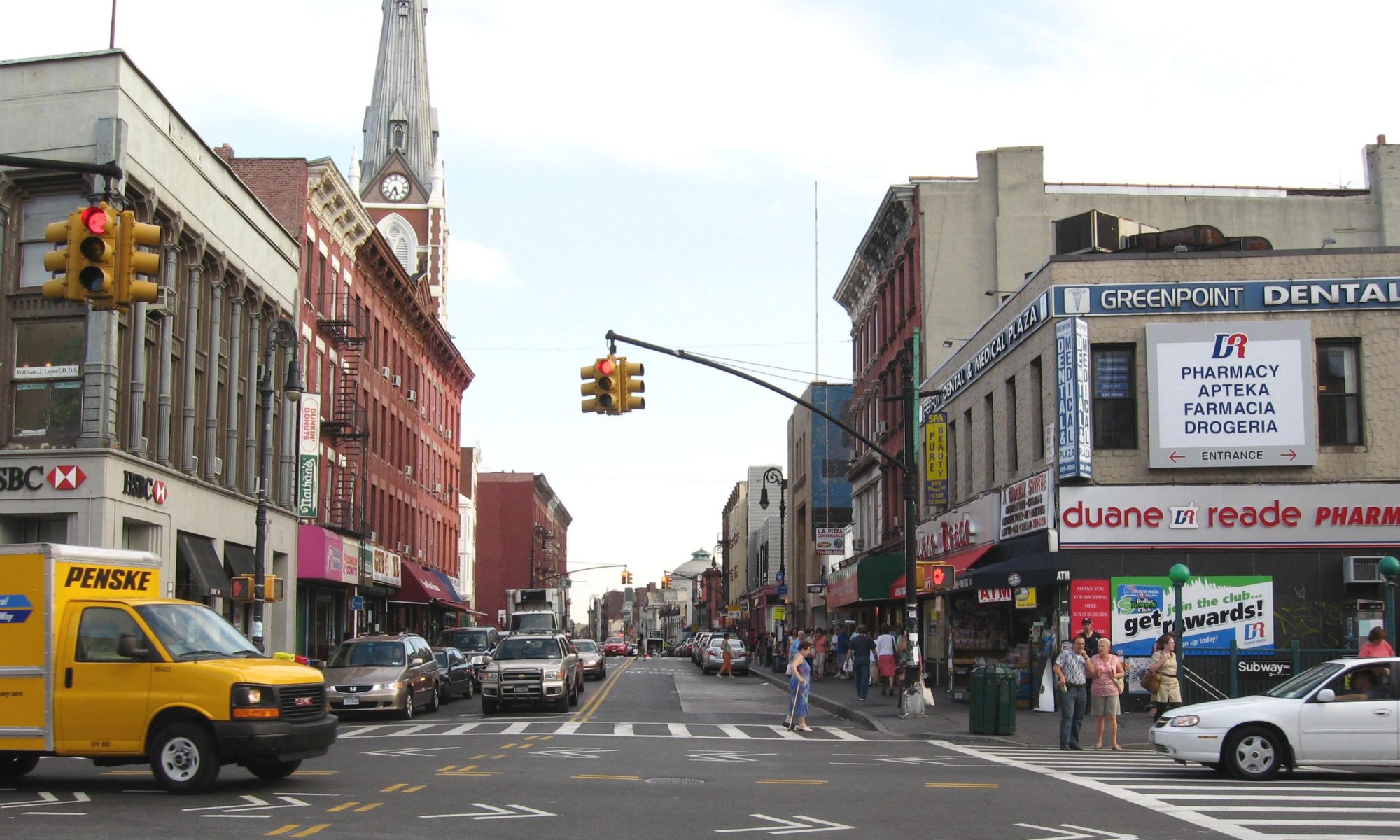By Oona Milliken | omilliken@queensledger.com
The fight to keep Park Church on 129 Russell Street in Greenpoint alive has been ongoing for years ever since the Metropolitan New York Synod, a chapter of the Evangelical Lutheran Church in America, announced Dec. 2021 that it would pull funding for the church due to declining membership. Currently, MNYS is in the process of selling the building, originally built in 1907, to GW Equities LLC, led by developers Avraham Garbo and Berish Wagschal. On Thursday Aug. 31, activists and community members gathered in a Zoom public hearing in front of Judge Richard Latin to halt the sale and attempt to repurpose the building for community use. In a statement from MNYS, Robert Lara, Assistant to the Bishop and Officer of Communications for the synod, said that the decision came after considerate deliberation.
“The Metropolitan New York Synod Council approved the sale of the former Messiah Lutheran Church building, where Park Church Co-op operated, following careful evaluation,” Lara said in an email. “This decision was made due to declining worship attendance and safety concerns with the building’s structure. The sale proceeds will support the growth of viable congregations, particularly those serving marginalized communities, in alignment with the synod’s commitment to anti-racism. ”
Other community members disagree. Jeremy Hook, a long-time Greenpoint resident working to keep the church in place, said that the sale of the church would be incredibly detrimental to the community, and that the synod is behaving like a developer rather than a religious organization.
“It’s ironic that they identify as Lutherans when you recall where Lutherans come from, what the 101 Lutheran theses actually were about, which was Martin Luther saying, ‘Hey, the Catholic Church is just kind of acting a whole lot like a business here and just about making money,’” Hook said. “And I would say that there’s a bit of a similar thing going on with the ELCA.”
According to Hook, the Church was not just a spot for religious worship, but a place for Greenpoint residents to gather, organize events and create a community space. Community members at the hearing gathered and shared their favorite stories and events over the years, including dance parties, Drag Queen Reading Hour, drives to give out free food and shelter as well as birthday parties for children.
Kaki King, a Greenpoint resident and the creator of a silent disco event at McGolrick Park, said at the hearing that there were many spaces for adults to hangout in the area, such as bars and restaurants, but almost none for children. According to King, the church was a place for her family to hangout in.
“Some of my happiest memories of raising my children are definitely from the inside of the park church and I truly hope that our words are heard and that something can be done to help the sale or in future events, you know, preserve the community spirit that is very strong in this in this community,” King said.
As the sale moves forward, this is a last-ditch effort to halt the process, according to Hook. Community members submitted a request for a hearing to the Attorney General’s office, and were approved by Assistant Attorney General Colleen McGrath, who wrote in a letter that Attorney General Letitia James had no objections to the sale but was open to hearing the dissenting voices of the community. According to McGrath, the sale is valid according to New York state law, so there could be no objection to the transaction on that front, but still wanted to raise the concerns of Greenpoint residents.
However, the Attorney General’s Charities Bureau has received a number of complaints objecting to the proposed sale of the Property due to its perceived negative impact on the Greenpoint, Brooklyn community, where the Property is located,” McGrath wrote.
GW Equities have not announced their plans for the church, but have several large-scale projects under their belts, including 13-story residential and commercial development in Downtown Brooklyn. Greenpoint Assemblymember Emily Gallagher said at the hearing that the church was affordable and accessible for all types of community members, and that Greenpoint had enough large developmental projects.
“We have quite a lot of luxury and high end housing that is being developed in this community that is not providing for the same number and diversity of people. So I’m here to ask you to think about justice, rather than nearly law, and see if we can preserve something that is such a vital space for our wonderful community,” Gallagher said. “We really do not have many free spaces in this community where people can meet and gather and have important discussions, especially in the long winter months.”
Other community members do not see the church sale as a loss. Stefan Rysek, a longtime Polish resident of Greenpoint, said that churches were valuable to the community, but did not oppose the residential project.
“People need some kind of mental help from the churches, for example, the Polish churches,” Rysek said. “You know what? I’m not against the apartments being built.”
Park Church had a declining congregation for years, a national trend as Gallup reported that church membership in the United States dipped below majority for the first time in 2021. Churches across the country are closing their doors because there are not enough people to create a significant congregation. Hook, who describes himself as allergic to religion, said that he understood the difficulties MNYS must have faced in keeping their parish open, but advocated for keeping the church as a secular community space.
“In fact, the problem that I will address tomorrow is that, you know, I acknowledge that the congregation itself was shrinking, at the end of the day they probably only had about 15-20 tiding congregations,” Hook said. “So I understand that it must have been a lot of trouble from that end. But the building simultaneously was thriving as a community center.”
